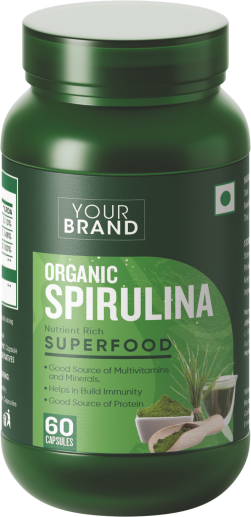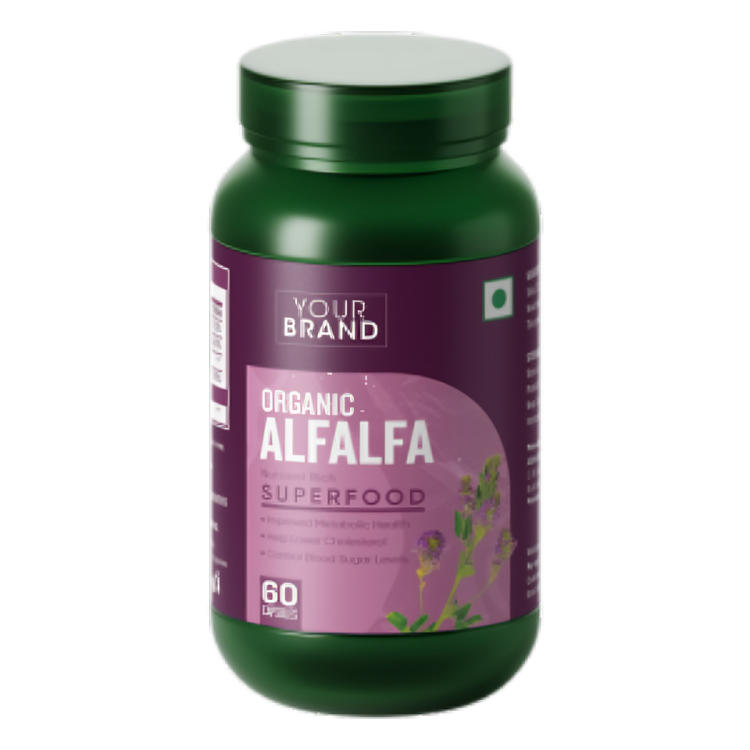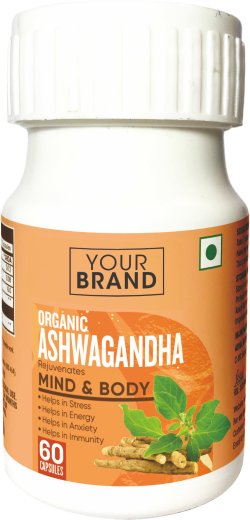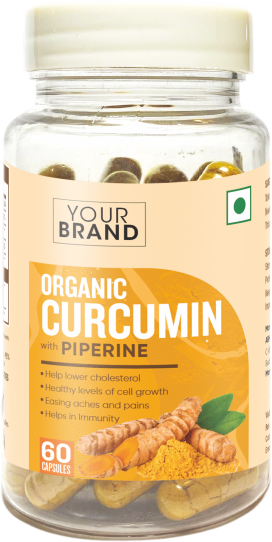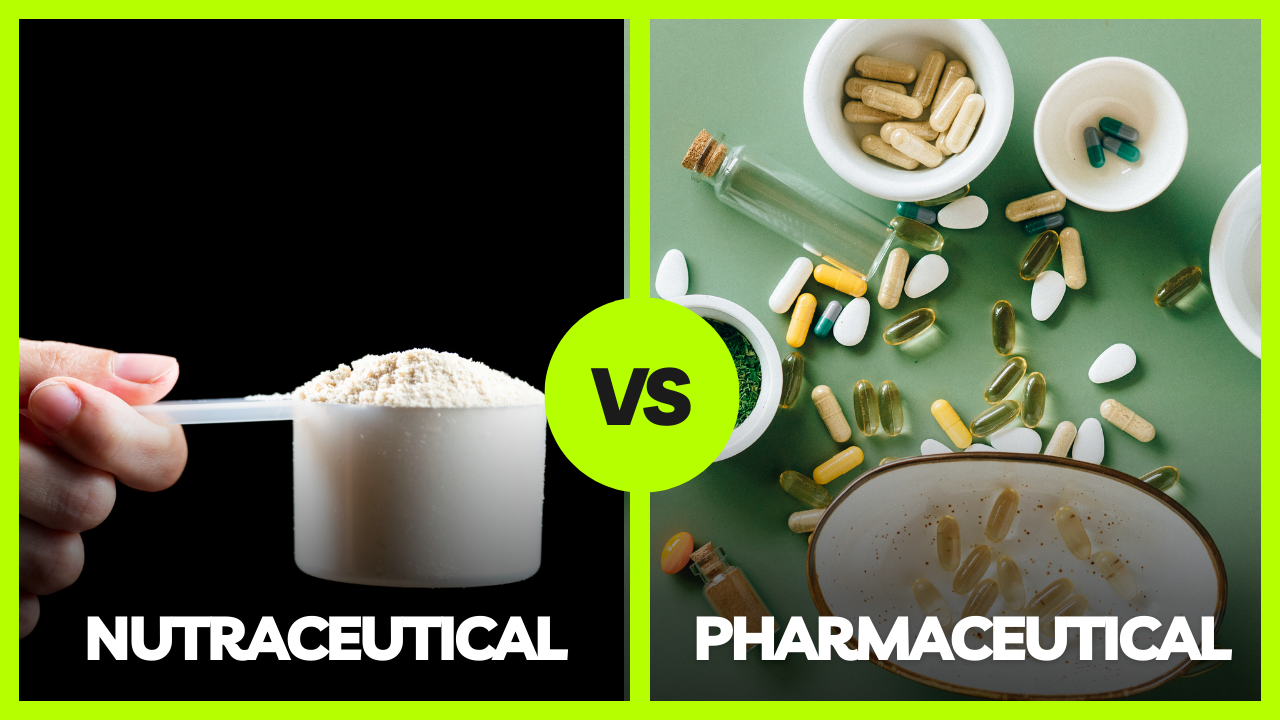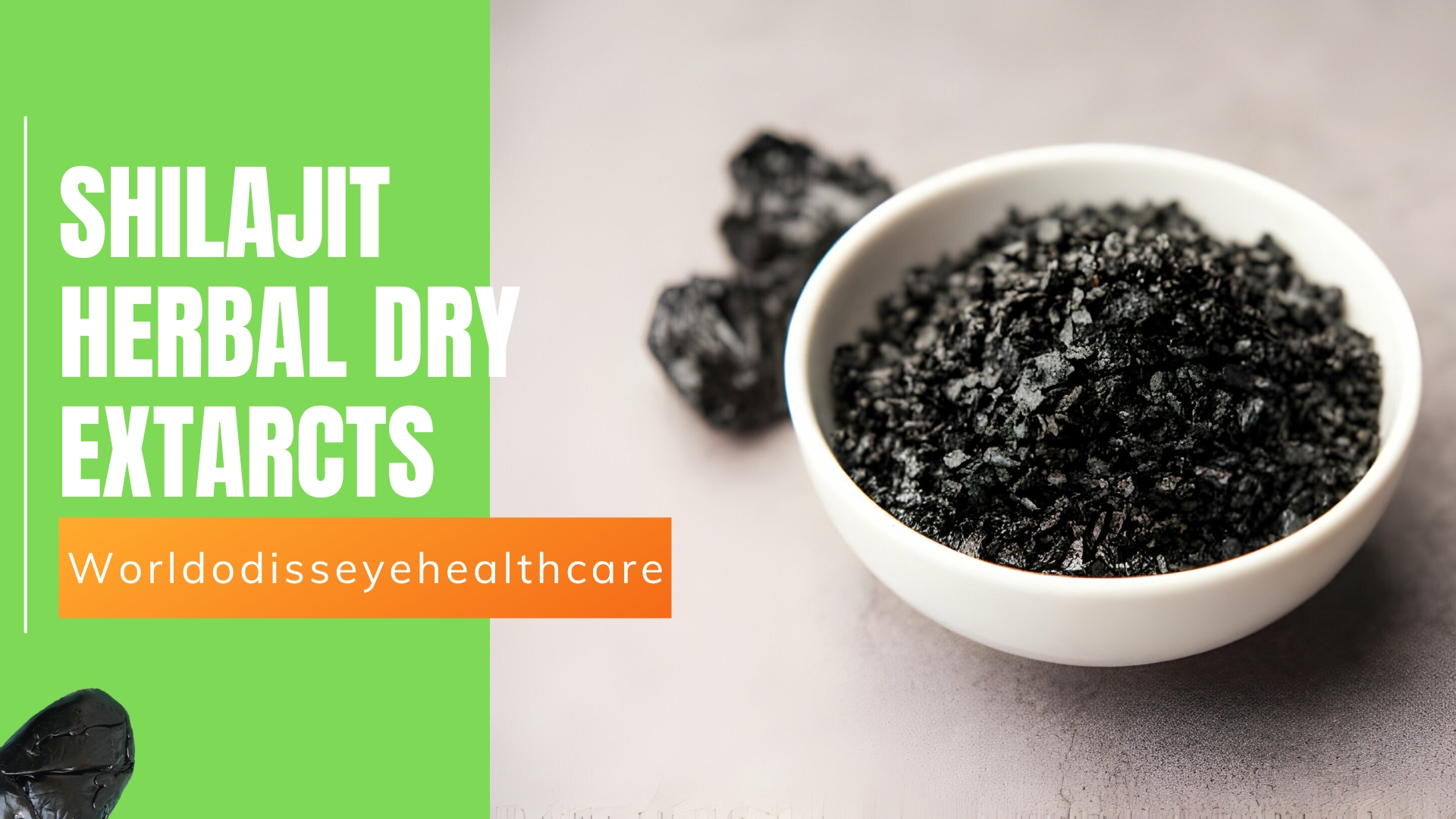Difference between Nutraceuticals and Pharmaceuticals
Introduction
If you’ve ever wondered about the nuanced difference between nutraceuticals and pharmaceutical, this article is your comprehensive guide. We’ll explore how nutraceuticals, as nutritionally-rich whole foods, differ significantly from FDA-approved drugs designed for immediate relief and disease treatment. Delve into their origins, applications, and the importance of understanding this contrast for making informed health choices right from the beginning.
Understanding Nutraceuticals
2.1 Definition and Characteristics
Nutraceuticals, a portmanteau of “nutrition” and “pharmaceuticals ,” represent a fascinating intersection of food and medicine. Unlike conventional pharmaceutical, nutraceuticals are nutritionally-rich whole foods that go beyond providing sustenance.
2.2 Source and Composition for better health
Derived from natural sources, nutraceuticals encompass a broad spectrum of food-based substances, including dietary supplements and medical foods. Their composition often involves natural extracts of food components, contributing to their unique health benefits.
Pharmaceuticals Unveiled
3.1 FDA-Approved Drugs
On the other hand, pharmaceutical are strictly regulated FDA-approved drugs designed specifically for treating diseases and offering immediate relief. These drugs play a crucial role in conventional medicine, targeting specific ailments with precision.
3.2 Purpose and Function for good health
Pharmaceutical serve the primary function of treating diseases, and their formulations are meticulously designed to provide rapid relief. They represent a cornerstone of modern medicine, backed by rigorous testing and regulatory approval processes.
Key Differences
4.1 Nutraceuticals as Nutritionally-Rich Whole Foods for better health
One of the primary distinctions lies in the nature of nutraceuticals as nutritionally-rich whole foods. Unlike pharmaceuticals , nutraceuticals aim not only to address health issues but also to provide essential nutrients for overall well-being.
4.2 Nutraceuticals: Nutrition and Medicine Combined
Nutraceuticals stand out by combining the benefits of nutrition and medicine. They are not just supplements; they offer a holistic approach to health, promoting wellness and preventing diseases.
4.3 Natural Extracts in Nutraceuticals
Another noteworthy difference is that nutraceuticals may contain natural extracts of food components. This natural approach sets them apart from pharmaceuticals, which often rely on synthetic compounds for therapeutic effects.
4.4 Pharmaceuticals: Immediate Relief and Disease Treatment
In contrast, pharmaceuticals focus on providing immediate relief and treating diseases. These FDA-approved drugs are formulated to target specific health issues with precision, offering a more targeted and acute response.
Nutraceuticals Origins and Uses
5.1 Natural Sources and Dietary Applications
Nutraceuticals derive their potency from natural sources, making them a popular choice for those seeking health benefits from whole foods. They find applications in dietary supplements and medical foods, catering to diverse health needs.
5.2 Medical Benefits in Prevention and Treatment(For Health)
The medical benefits of nutraceuticals extend beyond mere sustenance. They play a crucial role in the prevention and treatment of diseases, showcasing a broad spectrum of health-promoting properties.
In-Depth Comparison
6.1 Comprehensive Overview
To gain a comprehensive understanding of the difference between nutraceuticals and pharmaceuticals, it’s essential to consider various aspects. From their origins and compositions to their applications and benefits, the distinctions are multi-faceted.
6.2 Nutraceuticals vs. Pharmaceuticals
Comparing nutraceuticals and pharmaceuticals reveals a nuanced contrast between holistic health promotion and targeted disease treatment. While both play vital roles in healthcare, their approaches and applications diverge significantly.
Importance of Distinction
7.1 Implications for Consumers
Understanding the difference between nutraceuticals and pharmaceuticals holds significant implications for consumers. It empowers individuals to make informed choices regarding their health and wellness, aligning with their specific needs and preferences.
7.2 Health care Perspectives
From a healthcare perspective, recognizing the distinctions between nutraceuticals and pharmaceuticals aids healthcare professionals in tailoring treatment plans. It opens avenues for integrative approaches that combine the best of both worlds.
Conclusion
In conclusion, the difference between nutraceuticals and pharmaceuticals extends beyond semantics. It delineates two distinct approaches to health and wellness, each with its unique benefits and applications. Whether you opt for the holistic nourishment of nutraceuticals or the targeted precision of pharmaceutical, understanding these differences empowers you to make choices aligned with your health goals.
While both contribute to health, they serve different purposes. Nutraceuticals focus on holistic well-being, while pharmaceuticals target specific diseases.
Nutraceuticals are generally considered safe, but individual responses may vary. It’s advisable to consult a healthcare professional.
Nutraceuticals may complement conventional treatment, but they are not a substitute for pharmaceuticals in treating serious diseases.
Yes, nutraceuticals and pharmaceuticals are subject to different regulatory frameworks, reflecting their distinct natures.
Consult with a healthcare professional to determine the most suitable approach based on your specific health goals and conditions.

